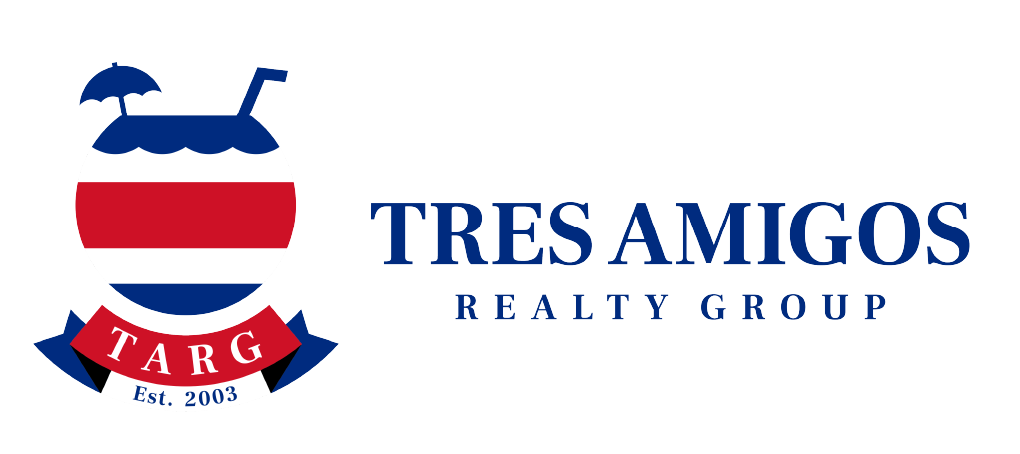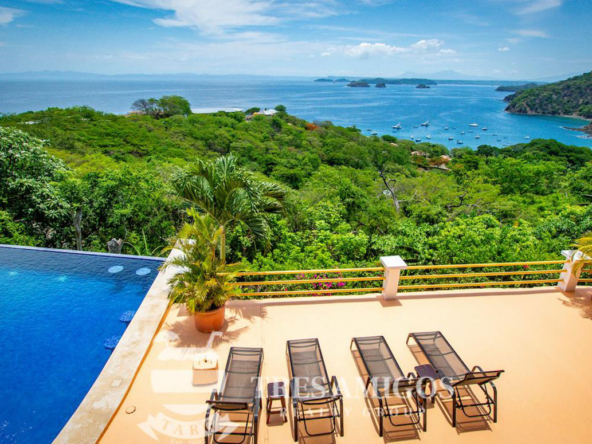Government taxes and stamps take the main load. Law Firms and Escrow Services charge flat fees based on transaction.
In Costa Rica, real estate transfer of properties are normally handled by law firms (Video). Unlike other jurisdictions, only Costa Rican Public Notaries (who are always registered local Attorneys) can interact with the Property Registry, often in conjunction with government-approved (SUGEF) third-party escrow services. While transfer expenses and fees may appear higher than those in the USA or Canada; these are one-time payments collected by the government and the corresponding fees by the Public Notary/Attorney representing the buyer at closing.
How the Government collects taxes
In reference to the above, Costa Rica Government collects taxes on property as follows:
Property taxes
These are collected by the local Municipalities and are paid by trimester, semester or annually and are notably low, as these assess to 0.25% (1/4 of 1%) based on the fiscal value of the property. This fiscal value is calculated on whatever is higher from the acquisition value of the declared value from the owner (Owners must declare and update the value every 5 years).
There is an exception when dealing with concession (leased from the Municipality) beachfront properties in the Maritime Zone, where municipal authorities may levy between 1% and 4%. This type of property also has certain restrictions on foreign ownership. We recommend speaking with a qualified attorney about these restrictions.
Solidary tax
This tax, also known as the ¨Luxury tax¨, is a special tax assessed on larger and upper scale homes in accordance with certain parameters and criteria issued every three years by the tax authority. As of 2022, the base to qualify for this tax was any construction appraised over $275,000. If the appraisal is over such an amount, then the land value and fixtures should be included, and the tax calculated is between 0.25% to 0.55%.
Property transfer tax and Registration stamps
These are one-time payments done per transaction in the public registry, and correspond to 1.5% and 0.86% of the transfer value to be paid to the Government. The exceptions are:
- In cases where the transfer price is lower than the registered fiscal value, the Government will collect those transfer expenses based on whichever is higher.
- If the transfer of the property is done through the transfer of shares of a company that owns the property, only a 1.5% indirect transfer tax is paid. There is not a requirement for registration stamps.
All tax payments are calculated in Colónes (the local currency). As a result, it is important to consider the exchange rate against the US dollar.
All these taxes serve as a vital revenue source for the central government and local municipalities, and have been a way to ensure that property taxes remain low—compared to other countries—to prevent financial strain on its citizens.
Typical Forms of Costa Rica Property Ownership
Throughout the years, many property owners in Costa Rica have been using the figure of acquiring properties through a Costa Rican entity, either Sociedad de Responsabilidad Limitada or Sociedades Anonimas.
Resource: https://corderoabogados.com/
The most secure method for property acquisition involves transferring the property to a physical person or a newly formed entity at closing. This ensures a clean transaction without liabilities inherited from previous ownership.
While some may suggest purchasing shares of the entities to circumvent transfer taxes, this approach carries significant risks, including inheriting potential liabilities and or unrecorded debts with third parties.
Summary of Expenses and Fees Associated with Property Transfer
Transfer tax
1.5% of the purchase price or the registered value at the Municipality, whichever is higher.
Registration stamps
0.86% of the purchase price or the registered value at the Municipality, whichever is higher.
Notary Legal fees
Between 1% to 1.25% of the purchase price plus 13% VAT tax. It depends on value and a fixed Notarial table issued by the Government.
Incorporation of a new entity in Costa Rica
Roughly $900 plus 13% VAT tax. Additional compliance forms may apply, as well as corporate tax and registration expenses.
Escrow services
An average of $750 plus 13% VAT tax. It depends on the amount of the transaction and the company used. It is important for both Buyer and Seller to define which escrow company is appointed, as these should be from a list of registered entities within SUGEF. Not doing so could generate liabilities and possible issues with the banks involved.
Additionally, there may be minor fees for utility transfer and compliance yearly maintenance costs.
Closing Thoughts
While upfront costs may seem high, they ensure a smooth transaction and relatively low ongoing expenses. Buyers benefit from potential disparities between purchase price and tax valuation, translating into immediate equity gains.
Investing in Costa Rica offers financial stability and a stress-free environment without the perpetual tax hikes common elsewhere. Your taxes are paid upfront, allowing you to enjoy your slice of paradise without financial worries.
Be sure to get proper legal advice, including legal due diligence, corporate and estate planning, projections, closing, and post-closing services:
Congratulations on your decision to invest in Costa Rica! Welcome to Pura Vida!




